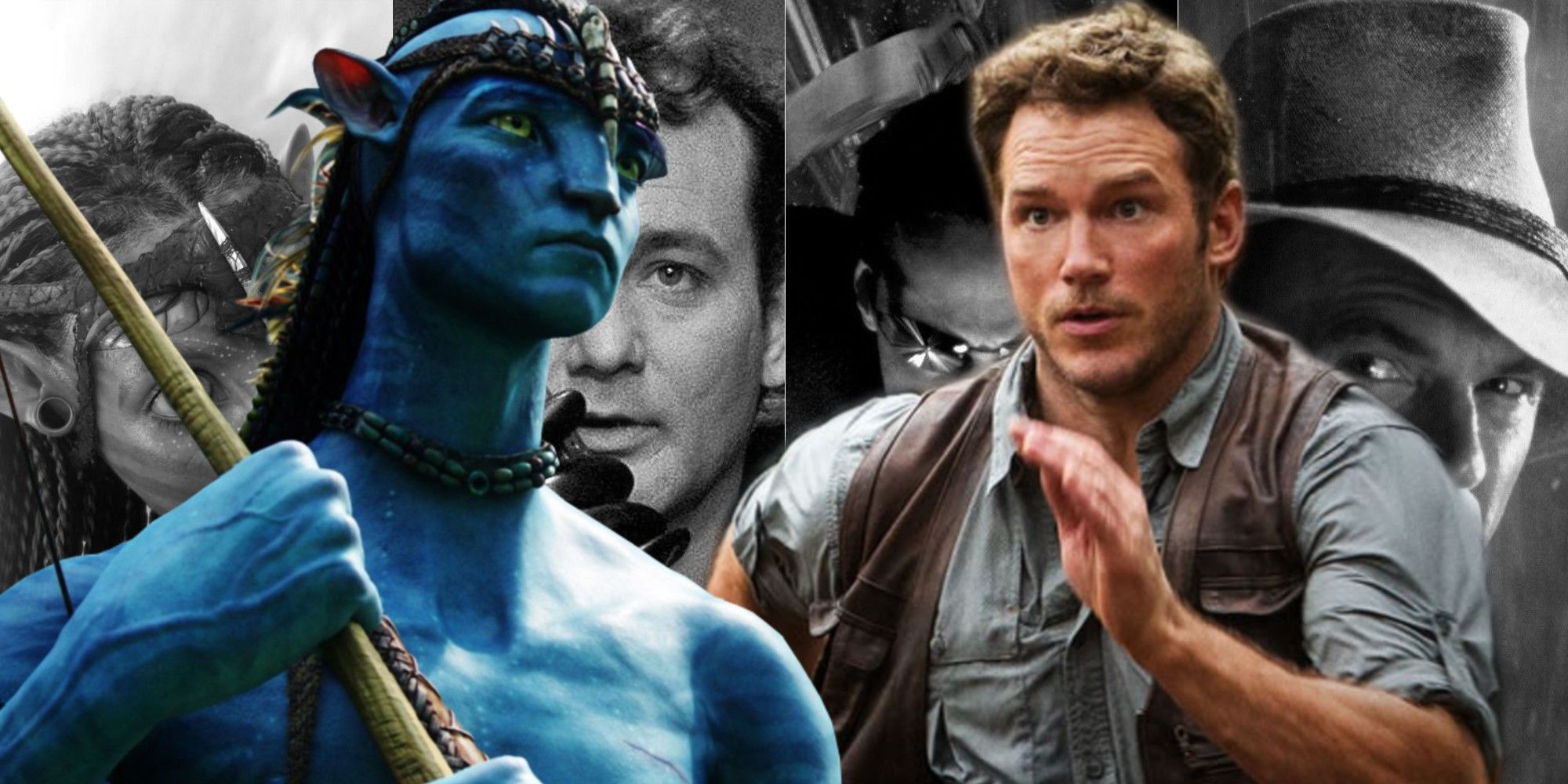
2021's biggest science fiction releases are mostly sequels that fans have been awaiting for years. Hollywood's increasing reliance on sequels and reboots is well documented and has been steadily gathering pace for decades. Almost all of 2019's top-grossing movies were either follow-ups in a larger franchise (Avengers: Endgame, Frozen 2, Toy Story 4) or new interpretations of an older property (The Lion King, Aladdin). While sci-fi is no exception to this depressing phenomenon, it's important to recognize how the genre simultaneously continues to champion originality. Recent years have given the cinematic world Annihilation, Ex-Machina, Arrival and many more non-sequel highlights.
Because of the current coronavirus pandemic, 2021 is set to be one of the biggest years in movie history, as major studios continue to push back their hottest releases to a safer date, bunching up a bevy of blockbusters onto next year's slate. Joining an already impressive schedule are the likes of Venom 2, Jungle Cruise, Morbius, F9 and The Eternals. Many movie fans have missed the theater experience during the current lockdown, but there will be ample opportunity to make up for lost time in 2021.
Looking at the revised, jam-packed 2021 movie slate, there's the usual abundance of sequels. More interestingly, however, most of the major sci-fi releases aren't just sequels, but continuations that fans have been waiting many years for. Firstly, there's Avatar 2, releasing over a decade after James Cameron's record-breaking original due to the technological challenge of underwater filming. Keanu Reeves is back as Neo in The Matrix 4, following on from 2003's The Matrix Revolutions. After a divisive reboot, Ghostbusters: Afterlife picks up the story in the years after 1989's Ghostbusters 2. And while Jurassic World: Dominion will technically only arrive 3 years after The Fallen Kingdom, the upcoming film marks the return of both Sam Neill and Laura Dern, reprising their roles from the classic Jurassic Park movies and making it the true sequel dino-fans have been waiting for since 2001.

Although 2021's sci-fi calendar features other notable releases such as the Mark Wahlberg-fronted Infinite and the troubled Chaos Walking starring Tom Holland and Daisy Ridley, there's more than whiff of 1990s nostalgia in the air, but what does this reveal about the state of sci-fi in Hollywood?
In the case of Avatar, the lengthy period between films is an anomaly - a necessary consequence of James Cameron's creative process, rather than any kind of natural gap in the franchise. No doubt Fox would've wanted an Avatar sequel out much sooner, if at all possible. However, the other 3 releases highlight a growing trend of sequel nostalgia. The Matrix 4 was long expected to be a reboot with a fresh cast, but will feature Neo and Trinity instead. Ghostbusters: Afterlife is bringing back as much of the old guard as possible after previously attempting a fresh-faced reboot in 2016, and Jurassic World: Dominion is going all-in on the classic cast after reintroducing Jeff Goldblum in Fallen Kingdom. All 3 movies will mix legacy characters with modern stars, and this trend perhaps traces back to Star Wars: The Force Awakens, which enjoyed success with that very formula in 2015.
Depending on the havoc COVID-19 continues to wreak on the world, there could be more additions to that list yet. Bill & Ted Face The Music is currently lined up for August 2020, but it's currently unknown which lockdown measures will still be in place across various markets by that stage. It wouldn't be surprising for the Wyld Stallyns' comeback tour to be pushed back to 2021, and with Bill & Ted 3 30 years in the making, this would represent another long-awaited, nostalgic sci-fi sequel for 2021.
https://ift.tt/355QD8Z
April 25, 2020 at 04:20AM




